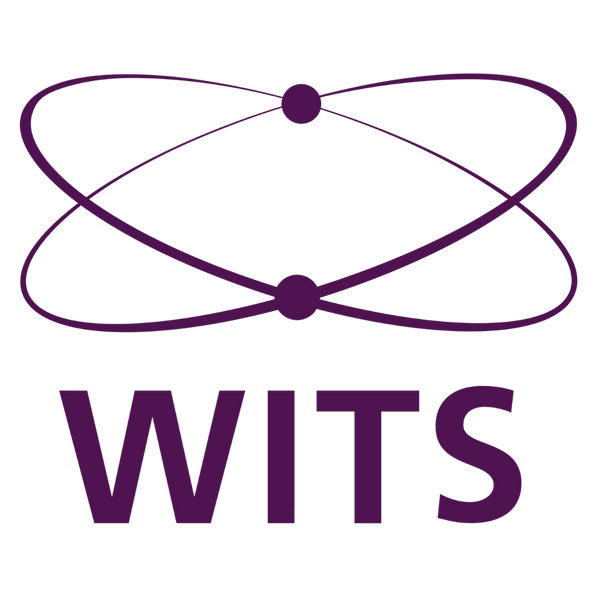AGM Standing Orders
1. Agenda
- Chairperson’s address
- Election of Tellers
- Adoption of the Minutes of the Previous A.G.M.
- Election of Officers to the Executive
- Secretary’s Report
- Treasurer’s Report
- Reports from Sub-committees
- Motions
- Election of Ordinary members of the Executive
- Amendments to Rules
- Election of Auditors and Trustees
- Nomination of Honorary President/Patron
- Vote of thanks to outgoing members of the Executive and Officers
- AOB
2. Chairperson
The meeting shall be presided over by the Chairperson of the Association. In the absence of the chairperson the Vice-chairperson shall preside. If neither the Chairperson nor Vice Chairperson are available, then the members of the Executive present shall elect one of their number to preside.
3. Voting
All currently paid-up members in attendance shall have a vote.
Election to the Executive shall be carried out via the straight vote system.
All other decisions shall be taken by a simple majority of those present and entitled to vote; except those to change the rules or to suspend or alter standing orders or to adjourn the meeting, these latter decisions shall be taken by a two thirds majority.
All currently paid-up members shall have equal voting rights. In the event of a tie the Chairperson shall exercise a casting vote.
All votes taken shall be counted by two tellers appointed by the meeting for that purpose.
With the exception of elections to the Executive, all business put to a vote shall be decided by a show of hands unless a secret ballot is called for by:
The Chairperson or at least ten voting members present at the meeting.
If a secret ballot is demanded it shall be taken as directed by the Chairperson, the result being deemed to be a resolution of the matter by the meeting.
Unless a secret ballot is demanded a declaration by the Chairperson that a resolution has been carried or has not been carried by a particular majority shall be conclusive.
4. Minutes
Questions arising out of the minutes shall be allowed only if they relate to the accuracy of the minutes or are for the purpose of information.
5. Reports
On the presentation by the Secretary or the Treasurer the adoption of their respective reports shall be proposed, seconded, and discussed. They shall then be voted on. Motions which, in the opinion of the Chairperson, arise out of these reports shall be allowed.
6. Motions and Rule Changes
Motions shall be dealt with in the following manner:
- A motion shall be proposed, seconded, discussed, and voted on, the proposer being given the right of reply immediately prior to the vote.
- Any amendments shall be proposed and seconded following proposal and seconding of the original motion before discussion of the motion.
- Should there be a properly proposed and seconded amendment it shall be discussed and voted on before any vote is taken on the original motion, the proposer of the original motion being given the right of reply before a vote is taken.
- If an amendment is carried it shall be incorporated in the original proposal, which shall then become the substantive motion.
- Further amendments to the substantive motion, or to the original motion if an amendment or amendments are not carried, shall be dealt with in the same way.
- The final substantive motion shall then be voted on and shall then become the resolution of the meeting.
- If an amendment is, in the opinion of the Chairperson, against the meaning of the motion it is intended to amend, it shall not be allowed.
- A motion placed before the meeting shall be withdrawn or postponed only by voting on a motion of withdrawal or postponement properly proposed and seconded.
- Discussion of a motion can be curtailed by the Chairperson if, in her opinion, the conduct of the meeting so requires. The right of reply must then be given to the proposer and the motion put to a vote.
- A rule change shall be dealt with in the same manner as motions except that no amendments to a rule change will be allowed.
7. Points of order
A point of order shall be called only in cases of incorrect procedures, irrelevancy, or transgression of the rules of the Association. It shall be raised immediately the perceived mistake takes place and addressed to the Chairperson who decides whether to allow it or not in accordance with the rules and standing orders.
8. Adjournment
A motion of adjournment, properly proposed and seconded, shall be accepted by the Chairperson and put to a vote after discussion which must be confined to the motion in question. If such a motion is defeated it may not be moved again. Such motion may be proposed at any time during a meeting. No new items shall be introduced on the agenda of the adjourned meeting.
9. Suspension of Standing Orders
A motion to suspend Standing Orders, or part thereof, may be proposed provided that:
- in the opinion of the Chairperson such a suspension is urgently required
- the Standing Order, the suspension of which is being proposed, is specified
- the time for which suspension is required is specified
- such a suspension does not involve a transgression of the rules of the Association. (e) the proposal is seconded.
